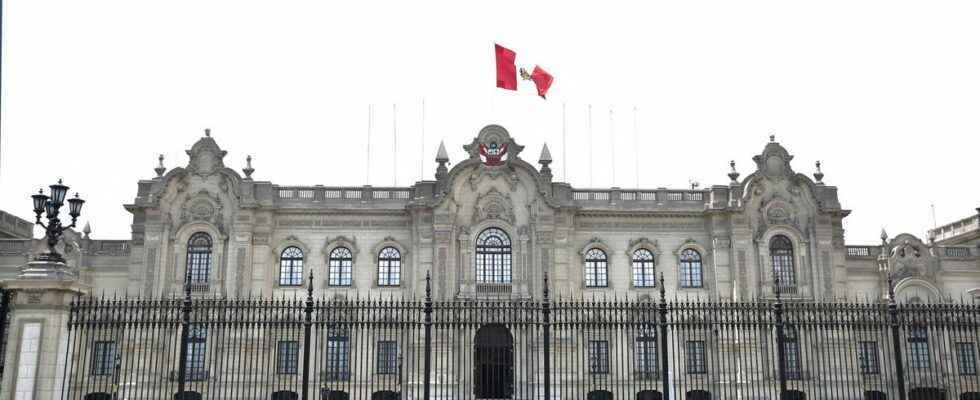Peru has announced that it is renewing its diplomatic ties with the self-proclaimed Sahrawi Arab Republic (SADR), a month after they broke off as part of a rapprochement with Morocco.
In a brief press release, released on Thursday evening September 15, “the Ministry of Foreign Relations of Peru reaffirms the sovereign will of the Government of Peru to renew its diplomatic relations with the Sahrawi Arab Democratic Republic (SADR)“.
Read alsoPeru in a state of emergency in the face of social anger
The Peruvian governmentreiterates the right to free self-determination of the Saharawi peoplein accordance with the 1960 United Nations General Assembly Resolution 1514 on decolonization, the statement added. On August 18, after an agreement with Morocco to relaunch bilateral cooperation, Peru had nevertheless announced that it would withdraw its recognition of the SADR, established by the left-wing president Pedro Castillo in September 2021, and sever all relations.
Last week, the Peruvian Minister of Foreign Affairs, Miguel Angel Rodríguez, promoter of the rupture of relations, resigned the day after a tweet from Pedro Castillo welcoming the restoration of relations with the Sahrawi separatists. Pedro Castillo reappointed César Landa as head of diplomacy on Wednesday, whom Miguel Angel Rodriguez had replaced on August 5. Official ties between Peru and the SADR, established on August 16, 1984, were suspended in 1996 by then President Alberto Fujimori (1990-2000) after pressure from Morocco.
Read alsoMigration crisis: the Polisario calls for pressure on Morocco
The Algerian-backed Polisario (independenceist) Front proclaimed SADR in 1976 and wants an independent state in Western Sahara, a former Spanish colony and vast stretch of desert that Morocco considers part of its own territory. The UN, which considers Western Sahara as a “non-self-governing territoryin the absence of a definitive settlement, deployed a peacekeeping mission there, Minurso.
The Polisario calls for the holding of a referendum planned by the UN at the time of the signing of a ceasefire between the belligerents in 1991 and Morocco, which controls 80% of the territory, advocates autonomy under its exclusive sovereignty .
